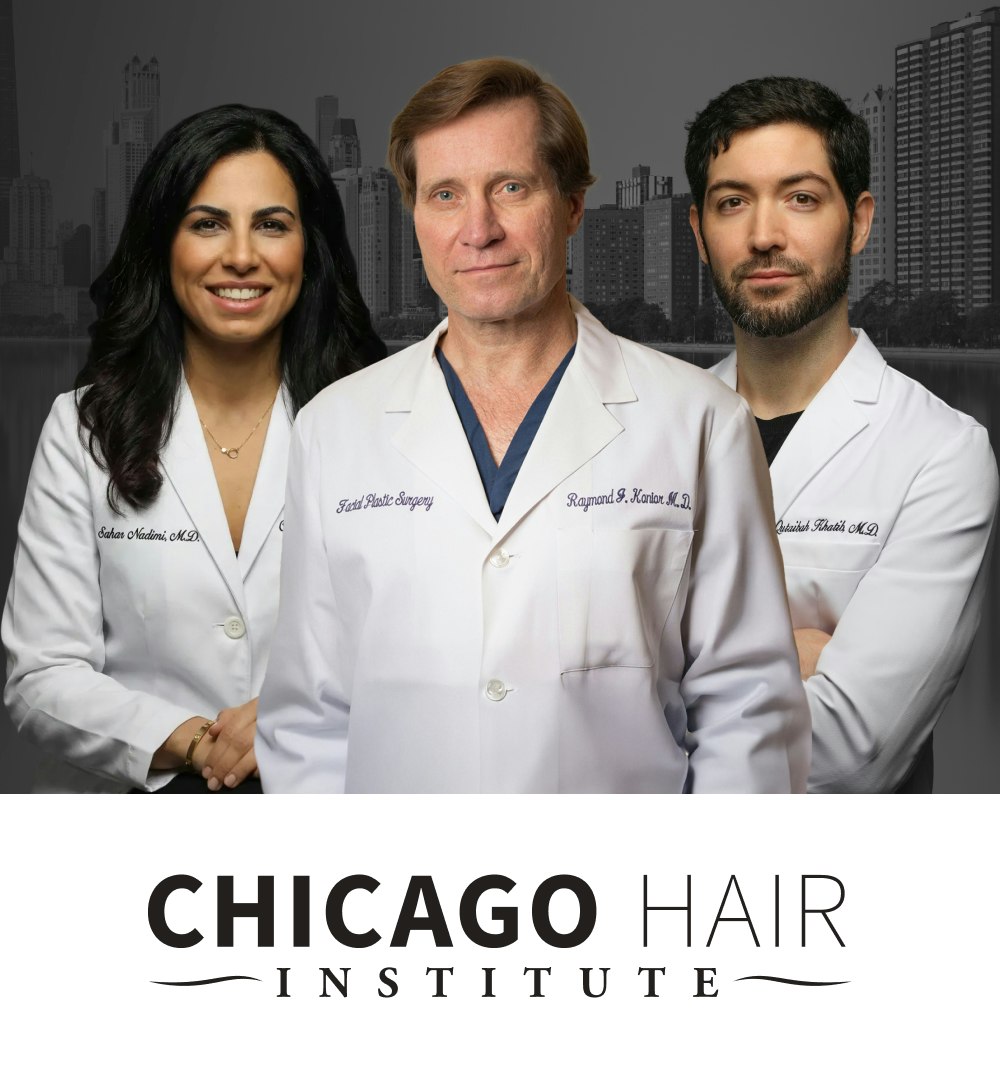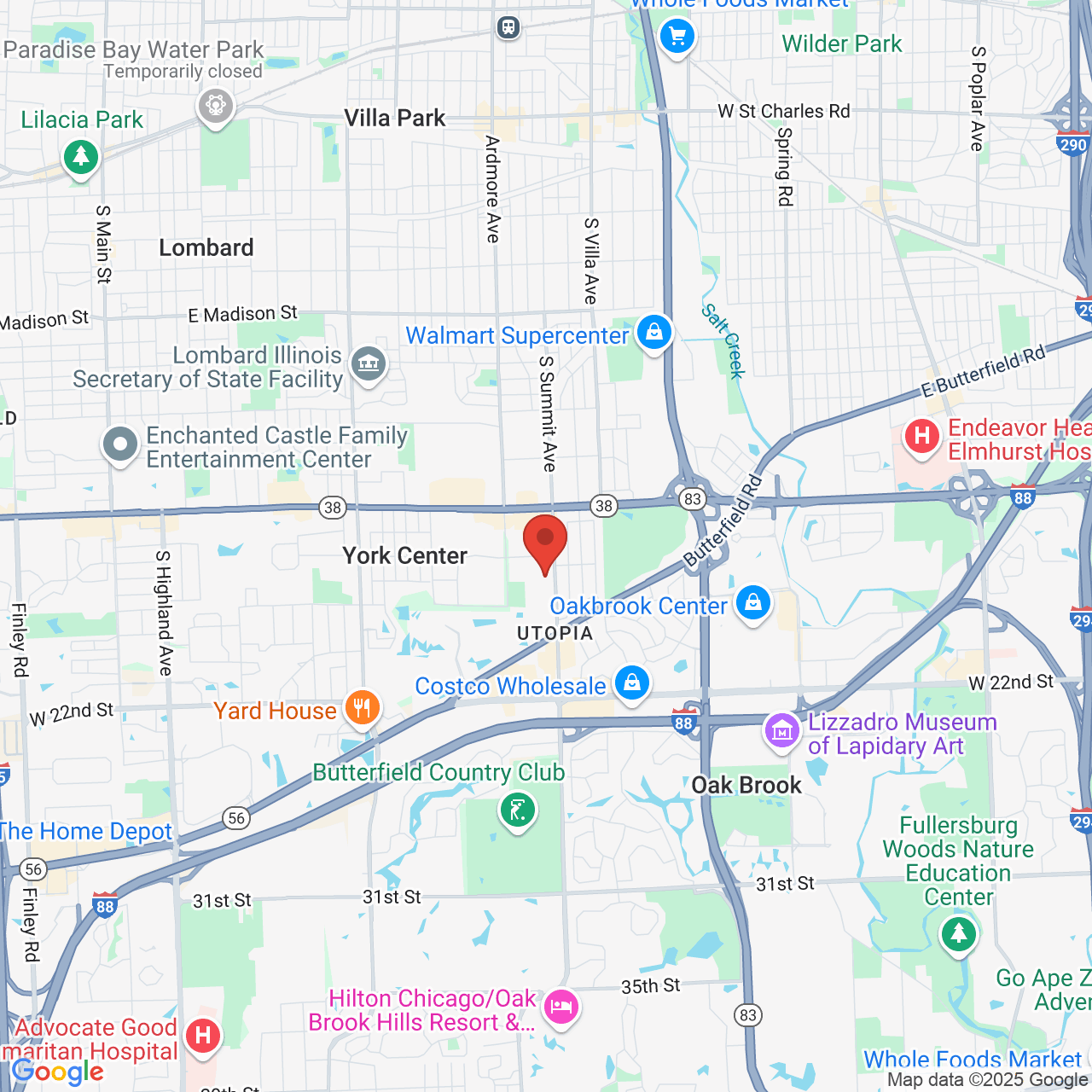Hair Loss and Stress: Is There a Connection?
 You may be surprised to read it, but yes, stress can affect the overall health of your hair. While male pattern baldness is still the most common cause of hair loss in men (and the Chicago Hair Institute offers surgical hair loss treatments that can eliminate balding and create a natural hairline), stress can contribute to the severity of your hair loss or it may trigger systemic reactions resulting in hair loss.
You may be surprised to read it, but yes, stress can affect the overall health of your hair. While male pattern baldness is still the most common cause of hair loss in men (and the Chicago Hair Institute offers surgical hair loss treatments that can eliminate balding and create a natural hairline), stress can contribute to the severity of your hair loss or it may trigger systemic reactions resulting in hair loss.
There are three kinds of hair loss that are most commonly associated with stress:
- Telogen effluvium
- Trichotillomania
- Alopecia areata
Let's look at each individually and how they can be treated.
About Telogen Effluvium
Telogen effluvium is a type of hair loss in which significant amounts of stress cause a person's hair follicles to shift into a resting phase. You see, hair follicles have phases of activity, and sometimes they are in a resting phase (telogen) rather than an active hair growth phase (anagen).
When stress, illness, or other shocks to the system occur, it can cause a person's hair follicles to shift into a resting phase. The hair of those follicles will fall out, sometimes when simply combing or showering. Telogen effluvium can cause general thinning of the hair or patchy spots of hair loss.
Treatment Options for Telogen Effluvium
The best treatment option for telogen effluvium is usually to wait it out. By visiting with your general physician, you can usually figure out what triggered the hair loss. In this case, treating the cause and rebalancing your system is the best possible treatment.
About Trichotillomania
Trichotillomania is a kind of impulse disorder that causes a person to pick his or her hair uncontrollably. This can lead to major bald patches appearing on the scalp and around the face, though other areas of body hair may be picked at as well.
Trichotillomania tends to emerge around the ages of 9 to 13 and is typically triggered by depression or psychological stress. It's estimated that up to 4% of the world's population may suffer from trichotillomania.
Treatment Options for Trichotillomania
Trichotillomania can be chronic and difficult to treat, but there is hope for people who suffer from it. A combination of behavior modification therapies, psychotherapy, and medications is often used to treat the condition itself.
As for addressing the hair loss, this can be assessed on an individual basis. Sometimes the hair will grow back, though in other cases the trauma to the scalp may necessitate other options to treat the balding or thinning.
About Alopecia Areata
Alopecia areata is an autoimmune disease, meaning that the body's own immune system attacks the hair follicles. This causes a person’s hair to fall out, sometimes in significant patches about the size of a quarter. Usually the hair loss is restricted to patches, though it is possible for a person to lose all of the hair on his or her scalp, even the entire body.
Anyone can develop alopecia areata, but it is more common in people who have had relatives who suffered from the condition. Stress can trigger or contribute to a case of alopecia areata, but the exact causes of the condition tends to be far more complicated.
Treatment Options for Alopecia Areata
While alopecia areata cannot be cured, the condition can bee managed in order to restore hair growth to a patient. Common treatments include the use of corticosteroids to treat the autoimmune disease as well as the use of Rogaine (minoxidil) to address the bald patches.
Schedule a Consultation at the Chicago Hair Institute
For more information on how balding can be most effectively treated, it's important that you contact our hair loss and restoration surgery center today. Dr. Raymond Konior and the entire team here looks forward to your visit and helping you have a full and healthy head of hair.





